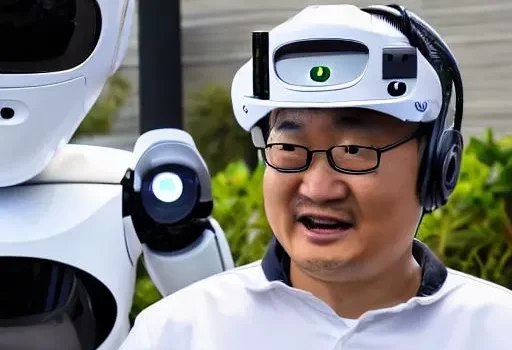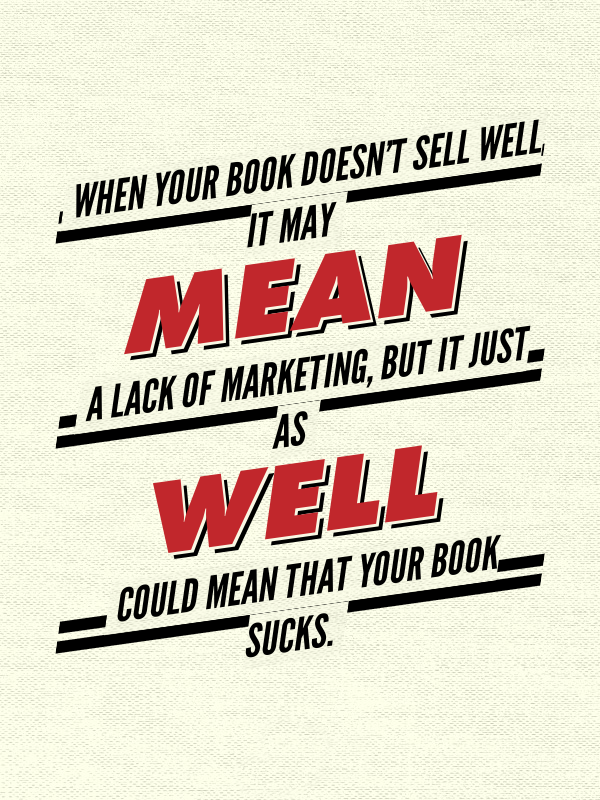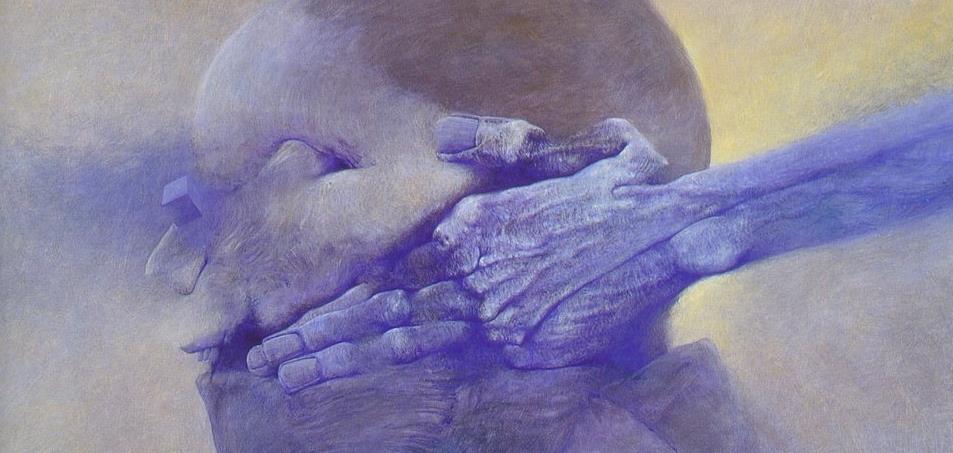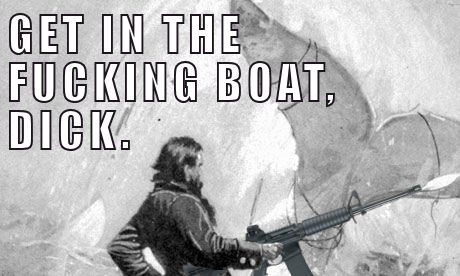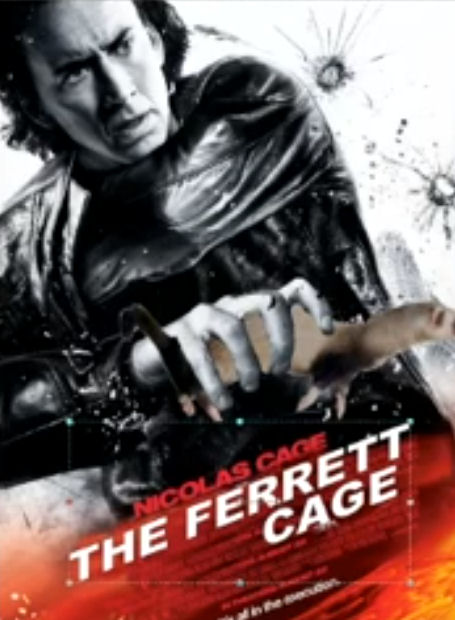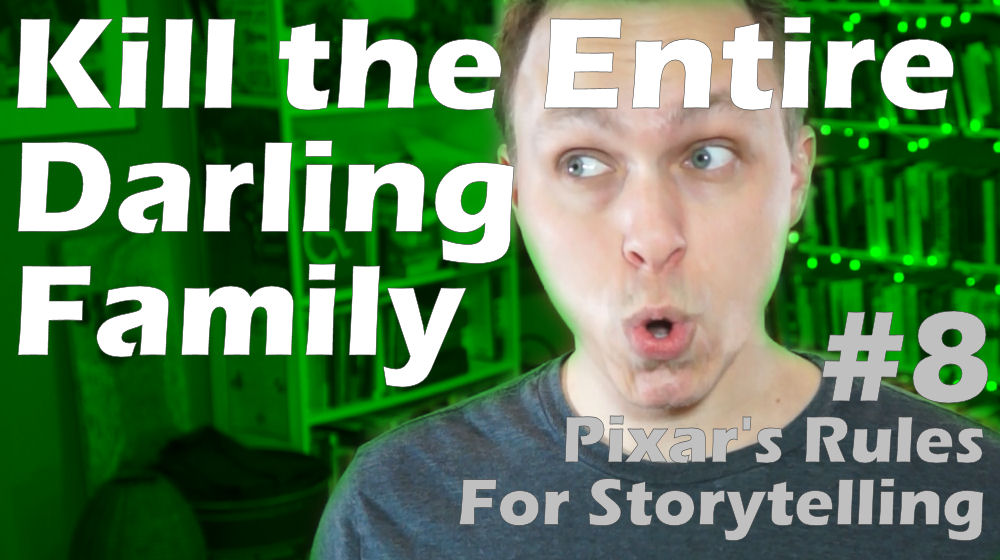Humans can’t live without AI. Our brains won’t let that happen.
Category Archives Study (the world/the craft)
I’ve been a professional writer for zero years, so please pay attention when I tell you this: you probably need to stop doing the following three things. 1. Stop listing your job as author or writer in social profiles unless you truly do make a living as an author or writer I understand the desire to be perceived as a capital A Author. I also may even understand the fake-it-until-you-become it mentality. There’s a hope of perpetual perceptual motion when you start calling yourself a writer; eventually people around you see you as a writer which may even lead to legitimate writing gigs with legitimate money (not contributor copies). But what you may be doing--without even realizing it--is an injustice to young writers who themselves want to be professionals one day. If new writers see you claiming to be a professional, they may interpret your likely paltry output (a novel…
Shortly after posting my “A Must Read for Writers Looking for Publication” article, which insisted that authors manage their expectations when working with small press publishers, Jason Stuart, Editor in Chief of Burnt Bridge, asked “how do we small presses show transparency to the authors, show solidarity with their goals, build trust, and mostly, offer true value?” It’s a fantastic question, to which I rattled off a few things, but have since given the question some additional much deserved thought. Small presses, in contrast to large, established publishers, propose a fairly unique offer to authors. “Author,” says the small press, “we are each going to take a huge leap of faith with this relationship. I have little to no funding. Very little manpower. I have a day job that occupies most of my time. You, author, do not have an established fanbase. You are an unknowing in the world of…
Only when writers are willing to raise their expectations of small presses will the truly awful small presses die away.
(This post isn’t so much a cohesive argument but more of a textualized exploration. I welcome contributions to the topic) I rarely incorporate guns into my fiction. To me, the (sudden) presence of a gun shifts the trajectory of a story much too easily. No matter how a character has been established during the preceding pages, a gun suddenly—and more importantly, unfairly—gives ultimate power to that character. When given a gun, either 1) a lackluster character becomes the fulcrum of a scene (or story) or 2) a well-developed character gets robbed of all the reader investment by artificially becoming the fulcrum of a scene (or story)[ref]Of course there are exceptions. If the gun itself is important to the character’s makeup, or if the context of a story supports guns (a war story, for example), or, as in the case of one of my novels, the very power of something like…
Andrew, known as HeavyShelves in BookTube land, was kind enough to invite me to a Google Hangout a few nights ago where he treated me like a rockstar for almost 3 hours. That's a long time, especially when you consider the time frame was 12am - 3am his time (he's in the UK). I definitely encourage you to take a watch. Or, just listen, as you would a podcast (visually, it's pretty much just webcam style cuts between his face and mine...except for one truly amazing appearance by Nicholas Cage...see image below). Andrew asked some great questions, and we had some great discussions. List for these gems: My publishing history (and the importance of knowing people, starting here) Writers need to know their productivity limitations (more about why I can't be allowed to write 8 hours/day, starting here) The importance of caring about what you write (the real "write what…
Yes, I am going to make a video for each of the Pixar's 22 Rules for Storytelling (the full list can be found here). Be sure to subscribe to this channel to not miss any of the forthcoming videos. I plan to release one/week. Rule #8: Finish your story, let go even if it’s not perfect. In an ideal world you have both, but move on. Do better next time. This time, I’m doing something a bit different: one shot, no cuts. I figure what better way to explore the idea of moving on to new projects than to fully embrace the idea of letting go of a current one.

